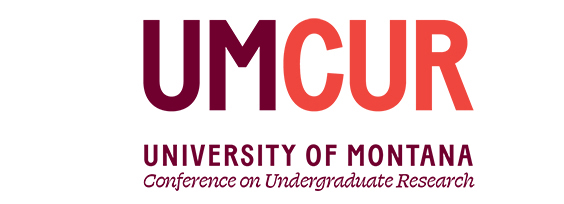Franke Global Leadership Initiative (GLI) Oral Presentations
Addressing issues in global food systems contributing to food injustice and waste on a local level in Missoula, MT
Project Type
Presentation
Faculty Mentor’s Full Name
Brittany Palmer
Faculty Mentor’s Department
brittany.palmer@umontana.edu
Abstract / Artist's Statement
Food waste and insecurity are two of the most pressing issues of our time. We, as a planet, produce more food than necessary-- enough to feed the entire global population and then some. Yet, millions of people still struggle to find reliable access to food due to inefficient distribution within our global systems. As people face the incredible struggle of starvation and malnourishment produced, in part, by these global systems, they often are forced to notice the lack of meaningful support from within their communities, separating those in need from those that could help. Food waste and community resilience are deeply interconnected issues with acute local impacts as well as strong ties to global systems. To establish a comprehensive understanding of this relationship and its significance for people in our own community, we hosted three workshops focusing on culture and place-based relationships with food, minimizing individual food waste, and urban gardening. Through these workshops we examined the local context of food waste and the relationship between food waste and community resilience, and connected mutual aid organizations through Missoula to strengthen the resiliency of our community.
Category
Franke Global Leadership Initiative
Addressing issues in global food systems contributing to food injustice and waste on a local level in Missoula, MT
UC 333
Food waste and insecurity are two of the most pressing issues of our time. We, as a planet, produce more food than necessary-- enough to feed the entire global population and then some. Yet, millions of people still struggle to find reliable access to food due to inefficient distribution within our global systems. As people face the incredible struggle of starvation and malnourishment produced, in part, by these global systems, they often are forced to notice the lack of meaningful support from within their communities, separating those in need from those that could help. Food waste and community resilience are deeply interconnected issues with acute local impacts as well as strong ties to global systems. To establish a comprehensive understanding of this relationship and its significance for people in our own community, we hosted three workshops focusing on culture and place-based relationships with food, minimizing individual food waste, and urban gardening. Through these workshops we examined the local context of food waste and the relationship between food waste and community resilience, and connected mutual aid organizations through Missoula to strengthen the resiliency of our community.
